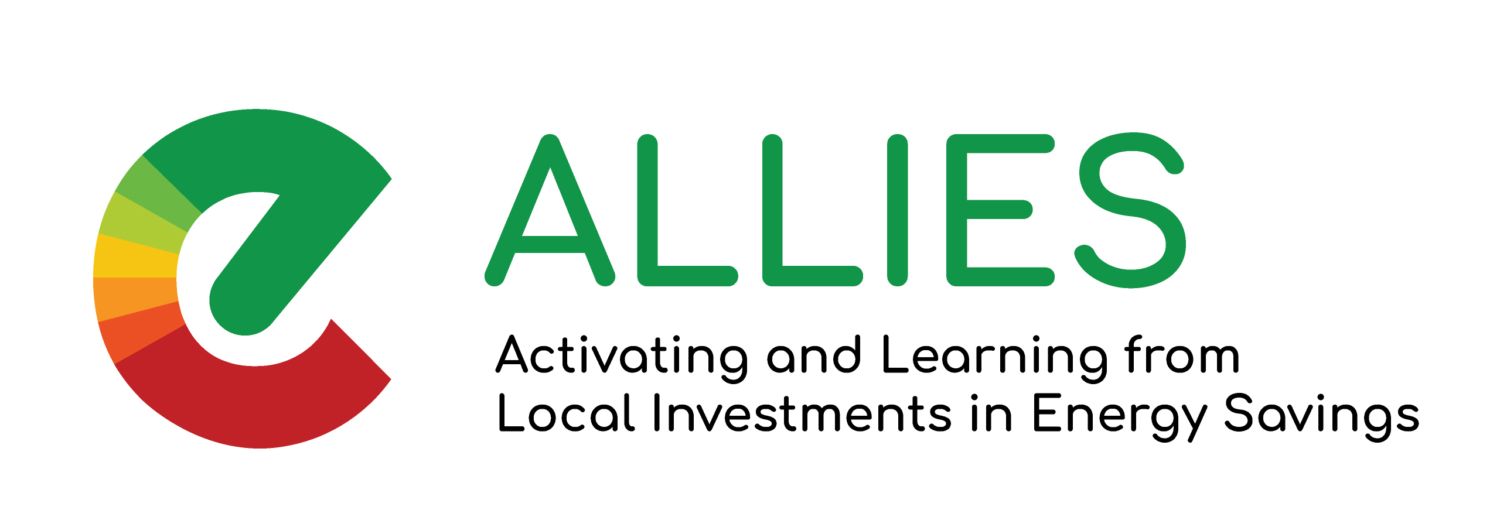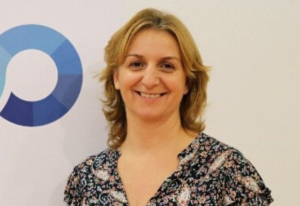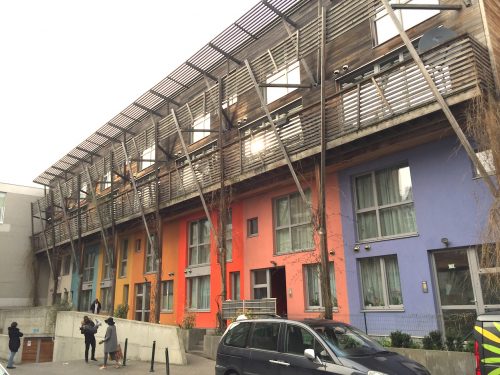
Interview by Samuel Held and Julia Unverzagt, GIZ/EUKI
The key approach of ALLIES – Activating and Learning from Local Investment in Energy Savings is to involve citizens and local businesses on the regional level as investors and facilitators for energy efficiency projects in enterprises and municipal premises. The EUKI project establishes new types of measures and organizations to activate investments in cost-effective energy efficiency projects. Investments generate steady returns for reinvestment and provide citizens with tools to contribute to climate action as well as local economic and environmental sustainability. Katalin Herner, Executive Director of KÖVET Association, shares some insights on how to deal with the current crisis and talks about what she expects society to learn from these experiences.

Katalin Herner; photo: KÖVET
Ms Herner, you planned a final project conference in Krk, Croatia, for the end of May. When did you know that you would have to cancel it and what was your reaction to it?
The EUKI ALLIES Consortium found out about the necessity to cancel the Conference on Krk in March when preparatory measures had already been taken by all partners and registrations were going. We were disappointed but had to look at what could be done to arrange an online conference.
You decided to move the conference “Financing Local Energy Transition” to an online format on May 26. What can the participants expect?
Participants can expect to meet key project members online as well as a number of international presenters. Besides presentations about the results of the project there will be a panel discussion as well as parallel interactive capacity building sessions for all interested parties concentrating on three regions: the Baltics, the Balkan and the Mediterranean. We think it could even reach a wider circle of interested parties as online meetings could be easier than travelling far.
Many other organisations are confronted with similar challenges and consider online events. Can you give them advises? Which tools or programmes do you use?
These unprecedented times also provide, beside difficulties and challenges, many great opportunities. It takes a lot of effort to organise an online event, too. Cooperation between all project partners is essential as well as a strict schedule and to-do lists with deadlines and frequent checks. Currently we are using ZOOM and WEBEX for communication and organisation. We have been using these channels for some time now within the project so it was obvious that they will be good tools for a webinar, too.
About the project in brief
ALLIES plans to activate investments in cost-effective energy efficiency projects by means of local approaches involving citizens and local businesses as investors, facilitators and beneficiaries. By acting on regional level projects and benefits are made more tangible. Investments can generate steady returns for reinvestment and actually provide citizens with tools to contribute to local economic and environmental sustainability.
The ALLIES concept brings three pillars together with explicit regional focus:
- B.A.U.M. future fund model (national and regional funds transferable to international level)
- Energy saving contracting and
- Cooperative as a social business and means to foster regional development
Our concept builds on the REEG model of regional energy efficiency cooperatives as it has been developed by B.A.U.M. e.V. with governmental support. There are more than a thousand energy cooperatives in Germany to operate renewable energy installations, but they rarely focus on energy savings. Applying the REEG concept, their scope can easily be widened to include energy efficiency. Good guidance is available: www.reeg-info.de
In ALLIES, partners in the implementing countries are about to transfer the German experiences and find appropriate means and financing structures for their respective countries.
How does the cooperation within the ALLIES project work in these days? Is the work limited due to restrictions or do online meetings bring Europe even closer together?
In the course of our organisational and preparatory work, we are holding weekly or even more frequent online meetings. We find the situation challenging but there are also new ways opening up as we try different channels. We can communicate via phone, e-mail and video conferences, so communication is not limited, but rather very active and involving. We also use a lot of social media channels to promote the event. This hasn’t changed in the course of the project.
Which general consequences do you expect for climate action in Hungary and Europe?
In general, digital solutions are becoming faster and new communication channels are used even more frequently which has a positive side effect for the climate as travelling and GHG emissions are decreasing. We hope that some solutions will live on after the crisis. Also, we think that the situation has once more revealed the unsustainable state of our lives and hope that humankind will find new, sustainable pathways from now on.
More about the Project
ALLIES – Activating and Learning from Local Investment in Energy Savings
